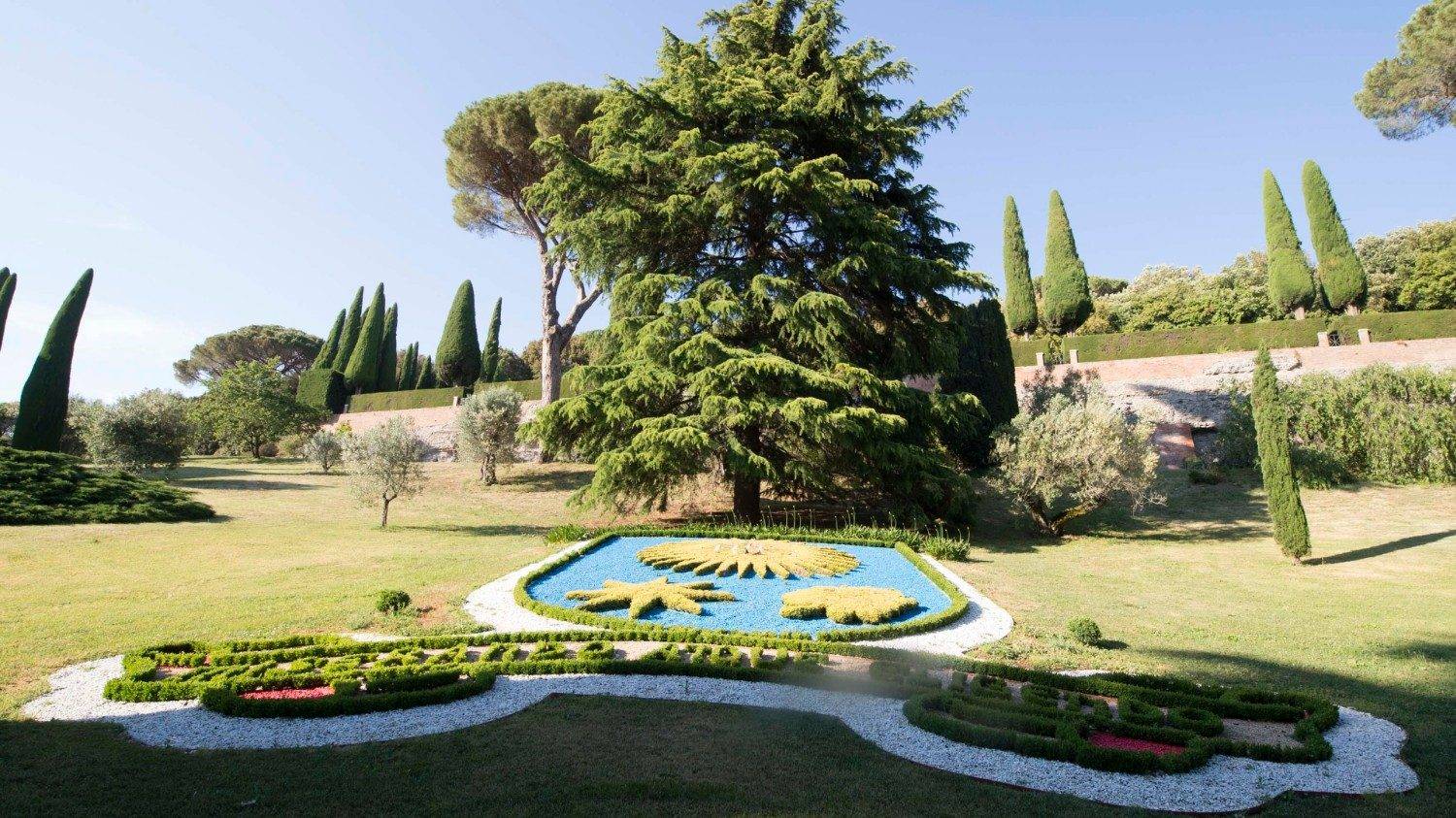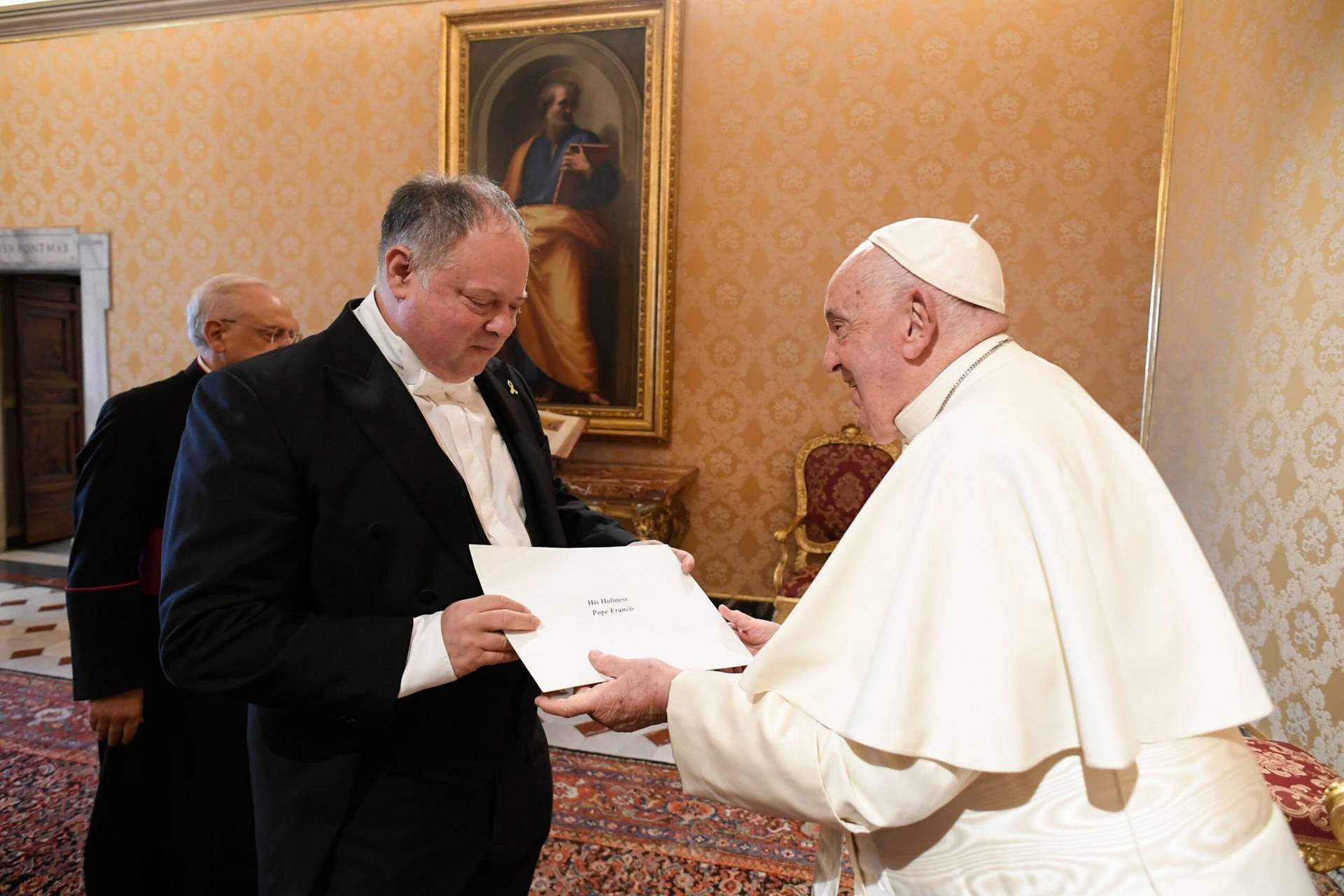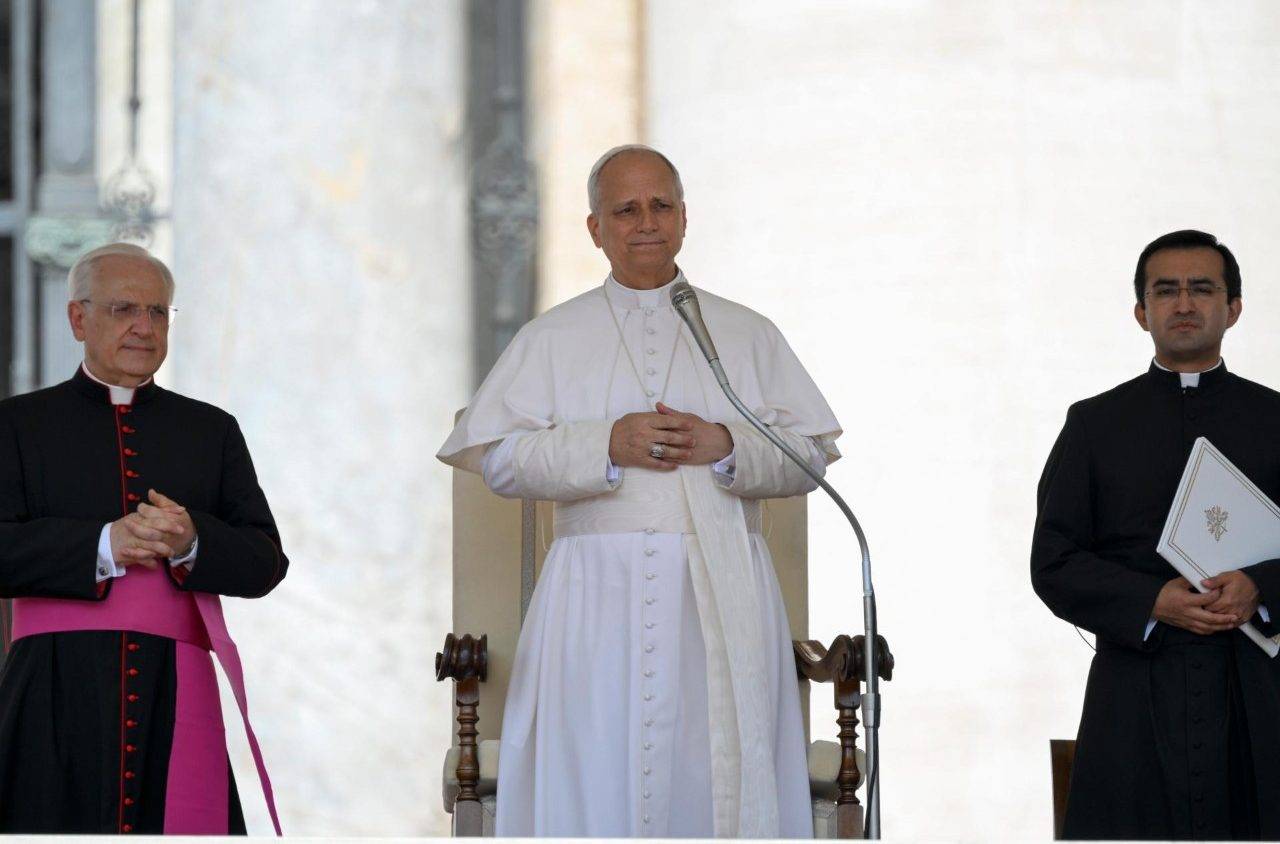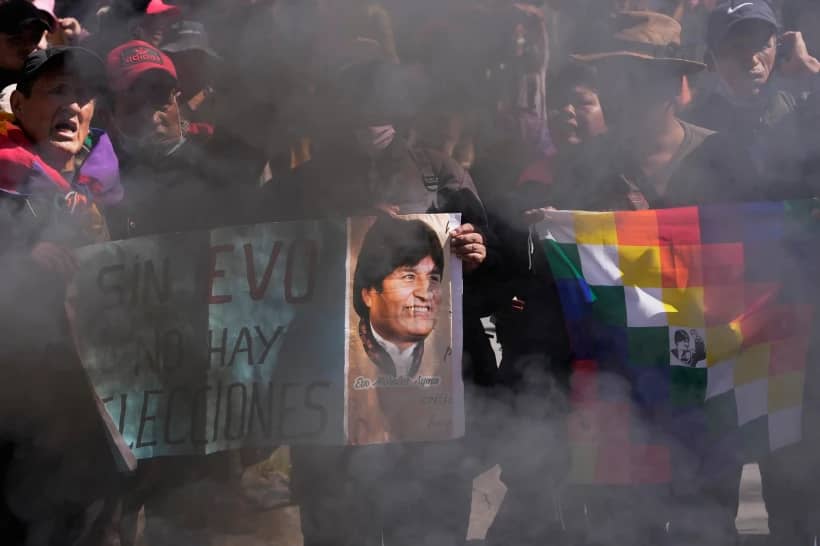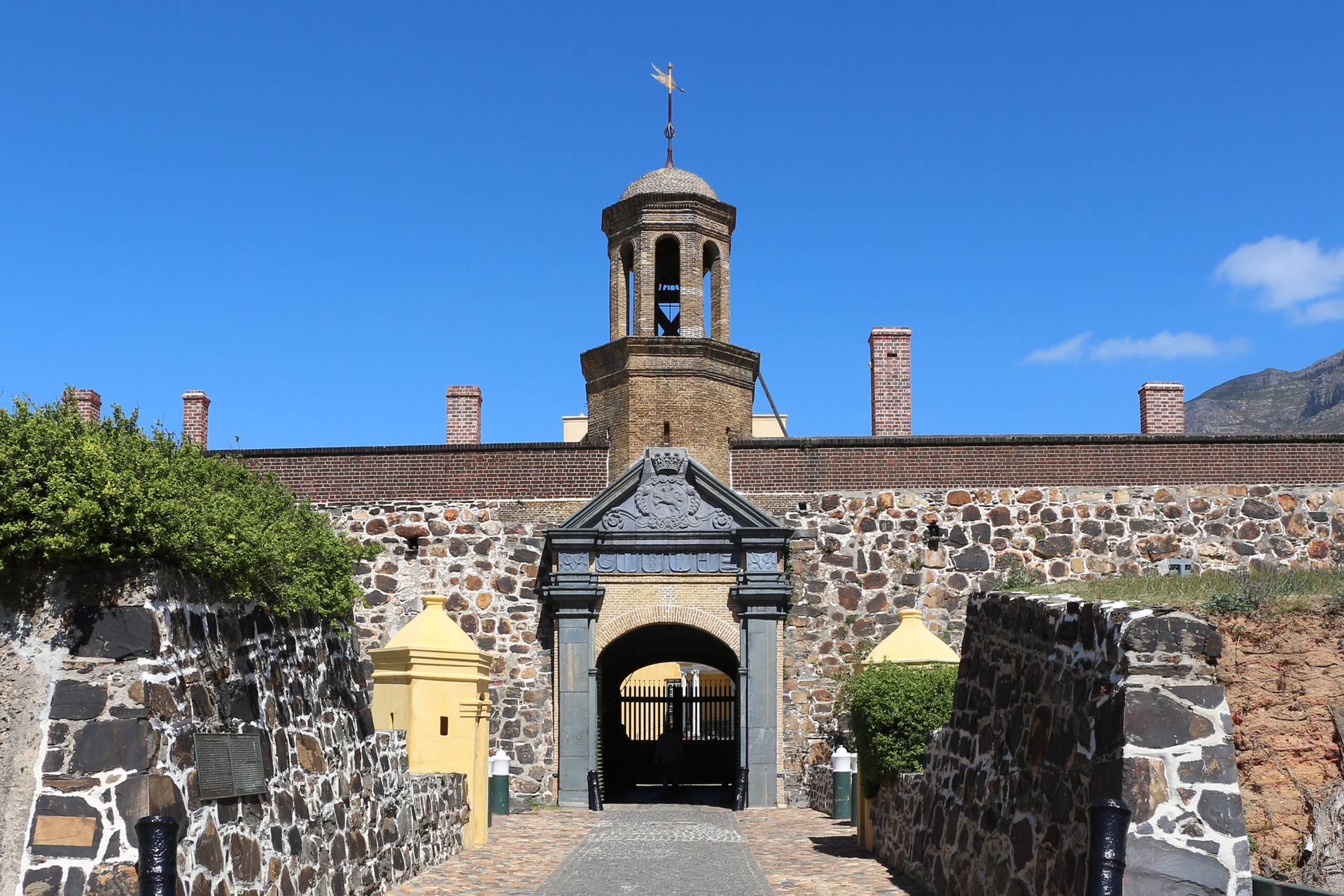ROME — Pope Francis has called on all spheres of society, including the Catholic Church, to promote the empowerment of women without diminishing the central role they play in family life.
“You cannot forget the irreplaceable role of women in the family,” the pope said Saturday.
“The qualities of delicacy, peculiar sensitivity, and tenderness which are abundant in the female soul, are not only a genuine force for family life, but also a reality without which the human vocation would be unfeasible,” Francis said.
According to the pontiff, the presence of women in many spheres of public life should be encouraged, including the world of work and in decision-making positions, while at the same time helping them maintain their irreplaceable presence in family life.
“We can’t leave the women to carry this weight alone,” Francis said.
The pope’s remarks came while he was addressing members of the Vatican’s Pontifical Council for Culture that held its annual plenary assembly in Rome Feb. 4-7 to talk about “Women’s Culture: Equality and Difference.”
It’s about finding new criteria, Francis said Saturday, so that women don’t feel like guests, but as full participants in social and ecclesiastical life.
According to Francis, Western society has overcome the traditional “social subordination” of women to men, which he described as a secular movement that nonetheless could have negative effects.
A social model that presents men and women as absolute equals has also changed, the pontiff said.
“A new paradigm was configured, that of reciprocity and equivalence within the difference,” he said. “Both are necessary because, yes, they possess an identical nature, but in their own ways. The one needs the other and vice versa; one completes the other,” Francis said.
The general assembly of the culture council, headed by Italian Cardinal Gianfranco Ravasi, reviewed an analysis of challenges facing women today, both in society and in the Church, prepared by a panel of female consultants.
Among other things, the document presented some skeptical notes on plastic surgery, describing it as an aggression that threatens female identity and which can “amputate the expressive possibilities of the human face, which are so connected to empathic abilities.”
Talking about the female body, Francis avoided referring to plastic surgery, but made a call to protect women from slavery, commodification, mutilation, and any other form of degradation that reduces women to an object to be peddled.
“I wish to draw attention, in this context, to the painful situation of so many poor women, forced to live in dangerous conditions, being exploited, relegated to the margins of society and victims of the throwaway culture,” the pope added.
The working document also analyzed the role of women in the professional arena, violence against women, and exploitation, and posed a set of questions such as “Where are the roots [of the radical inequality between men and women]?”
Exploring the female presence in the Church, the document conceded that, despite abundant rhetoric on the importance of women, they remain largely excluded from leadership roles in the Church.
Last Monday, during a press conference in Rome, Ravasi said a group of women had been invited to pose questions to the assembly, but that the review meeting would be held behind closed doors with only the all-male council participating.
Ravasi characterized the process as “women directing the dance,” with men performing the steps.
Donna Orsuto, one of 10 women invited to pose questions during the assembly, told Crux that the plenary was, in fact, planned by a group of women, and that all of the presenters were women, as were some of the guests and consultants.
And despite Ravasi’s words, women took part in the meetings and were treated as equal participants, she said: “Anyone who asked to speak was given the floor.”
Orsuto, an American who has lived in Rome for decades, is director of the Lay Centre and an expert in lay and marital spirituality.
“I can assure you that the women were not timid and took part freely in the dialogue,” Orsuto said in an e-mail. They were welcomed in all the sessions, lunches, and the papal audience the council attended Saturday.
Other women who had the opportunity to speak were Swedish Ulla Gudmundson, who worked in the Ministry for Foreign Affairs as a Swedish diplomat for 30 years, during which she served as ambassador to the Vatican; Italian athlete Fiona May, and Sister Eugenia Bonetti, a Consolata Missionary Sister and leader of the Italian Union of Major Superiors, who are working against human trafficking.
Orsuto said that things move slowly in the Vatican, but “there are some positive changes happening right now in the Church” with regard to women.
“Try to have an open mind and trust that good things are happening, even if it seems very slow,” Orsuto said. “There is so much to do, both in the Church and in society, and all of us, women and men, need to use all of our gifts together to be of service.”







